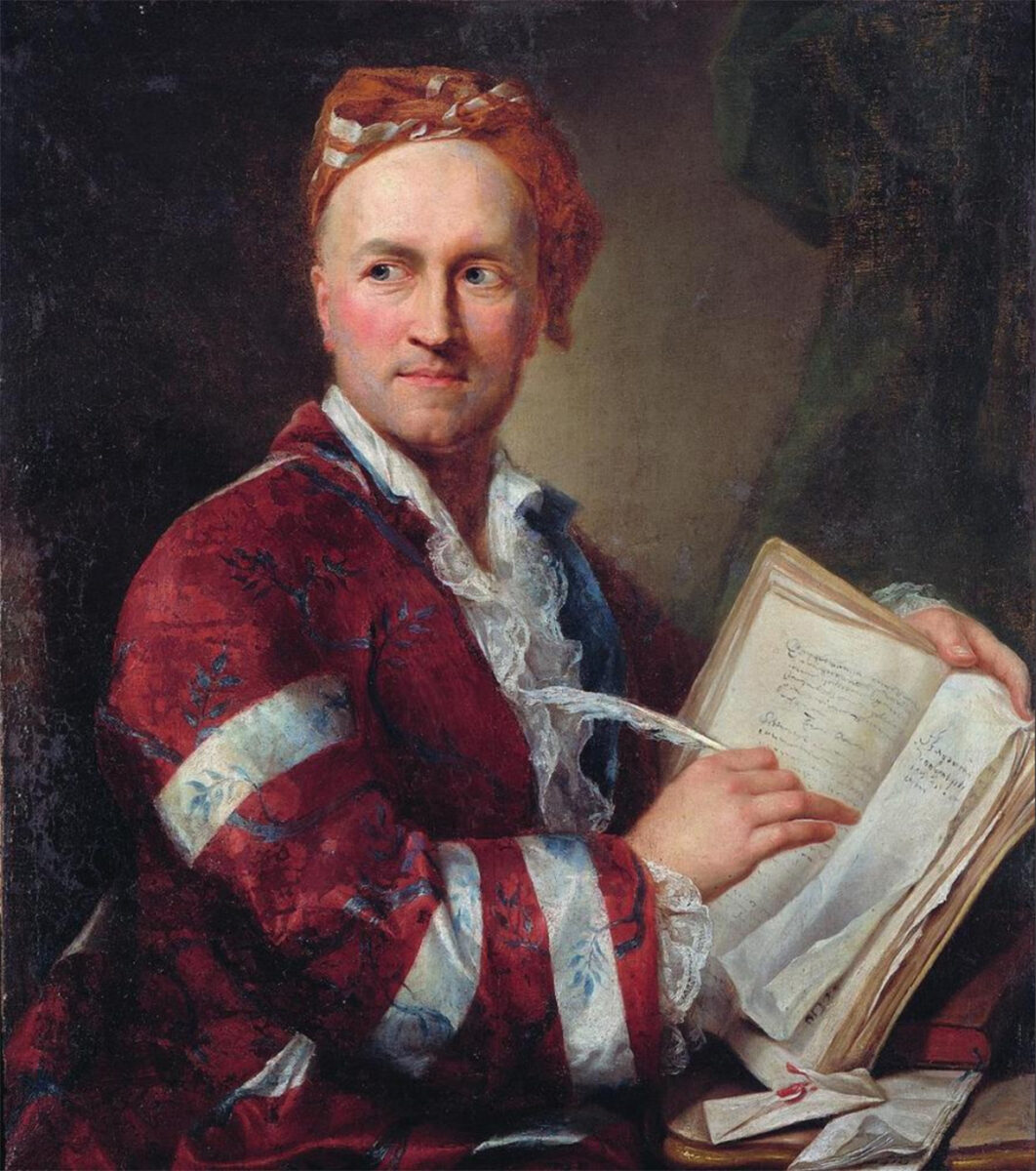
Emer de Vattel
Emer (Emmerich) de Vattel (French pronunciation: [vat-těl] 25 April 1714 – 28 December 1767[1]) was a Prussian international lawyer. He was born in Couvet in the Principality of Neuchâtel (now a canton part of Switzerland but part of Prussia at the time) in 1714 and died in 1767.
Emer de Vattel
25 April 1714
28 December 1767 (aged 53)
International law
Vattel's work profoundly influenced the development of international law.[2][3] He is most famous for his 1758 work The Law of Nations. This work was his claim to fame and won him enough prestige to be appointed as a councilor to the court of Frederick Augustus II of Saxony. Vattel combined naturalist legal reasoning and positivist legal reasoning.[2]
Early life and career[edit]
The son of a Protestant minister, Vattel was born at Couvet, Neuchâtel, on the 25th of April 1714.[3] He studied classics and philosophy at Basel and Geneva.[3] During his early years his favorite pursuit was philosophy and, having carefully studied the works of Leibniz and Christian Wolff, he published in 1741 a defence of Leibniz's system against Jean-Pierre de Crousaz. In the same year Vattel, who was born a subject of the king of Prussia, repaired to Berlin in the hope of obtaining some public employment from Frederick II, but was disappointed in his expectation. Two years later he proceeded to Dresden, where he experienced a very favourable reception from Count Brühl, the minister of Saxony. In 1746 he obtained from the elector, Augustus III, the title of councillor of embassy, accompanied with a pension, and was sent to Bern in the capacity of the elector's minister. His diplomatic functions did not occupy his whole time, and much of his leisure was devoted to literature and jurisprudence.[4]
Other works[edit]
Vattel also published works other than his magnum opus. He worked so intensely that his health broke down, and a return to Dresden in 1766 did not improve him. His last work, Questions de droit naturel, ou Observations sur le traité du droit de la nature, par Wolff ("Questions of natural rights...") was published in 1762 and concerned Wolff's natural law philosophy.[12] He died in 1767 during a visit to Neuchâtel.[1]
Influence[edit]
Vattel was a highly influential international lawyer.[3] Vattel was one of a number of 18th century European scholars who wrote on international law and were "well known in America" at the time, including Jean-Jacques Burlamaqui, Cornelius van Bynkershoek, Hugo Grotius, Samuel von Pufendorf, Thomas Rutherforth, Niccolò Machiavelli, and Christian Wolff. The Law of Nations has been described as "unrivaled among such treatises in its influence on the American founders".[13][14]
Vattel is also cited extensively in Lysander Spooner's The Unconstitutionality Of Slavery and appears to be a key Enlightenment thinker in Spooner's thought.
US Department of Defense 2015 Law of War Manual[edit]
In 2015 the United States Department of Defense published its Law of War Manual. Vattel is cited after Hugo Grotius and before Francis Lieber and Hersch Lauterpacht as a subsidiary means and an authority in determining the rules of law of war.[15]